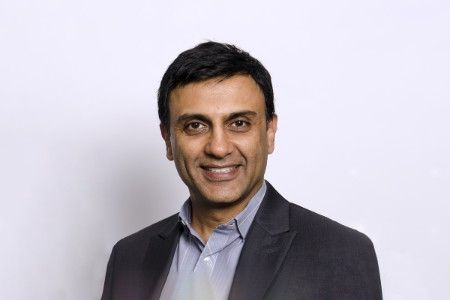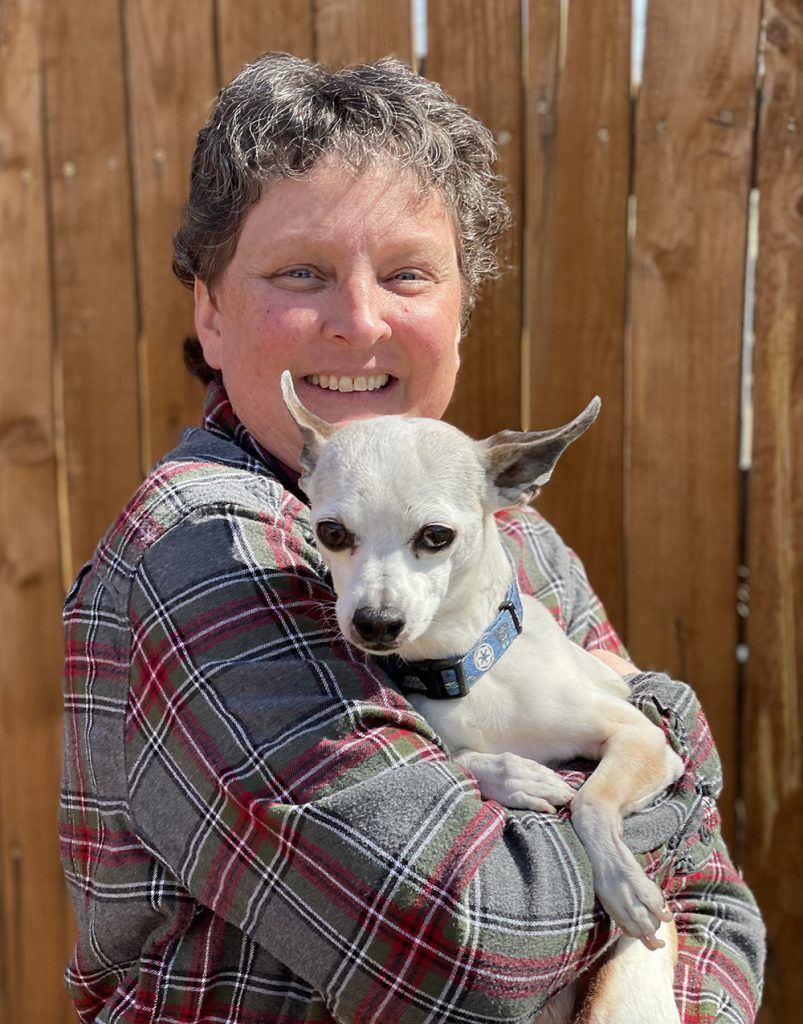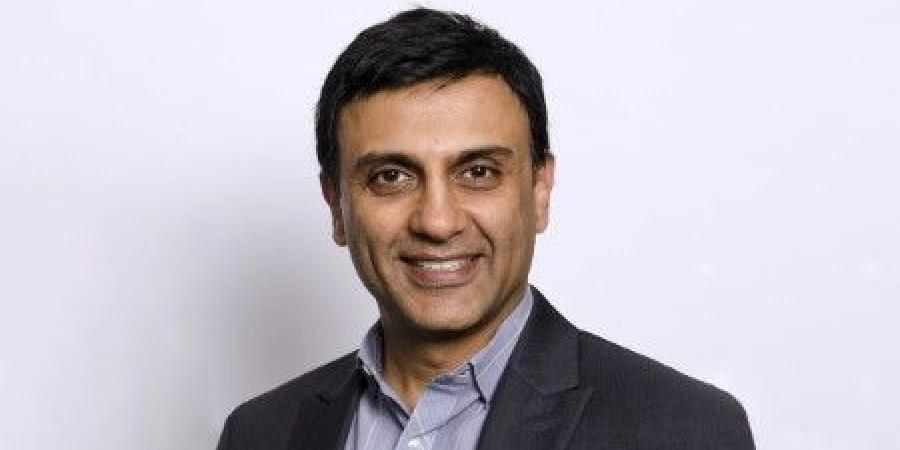belbalady.net “Large organizations are really good at assimilation to build large workforces that inadvertently shave away the beautiful, unique edges and what the neurodivergent community often refers to as their ‘spiky profiles,’” Shukla says. “But it’s the spiky profile you want to retain and support to allow that innovation to rise to the surface.”

Companies seeking neurodivergent talent often recruit through informal networks and relationships with local universities, nonprofits and advocacy groups — a time-intensive process for both recruiters and job seekers. The neurodiversity job site fills a need for a large-scale, national marketplace with a broad range of jobs, employers and people.
Recently, the site brimmed with listings from small and large companies for software engineers, graphic designers, financial analysts and more. Job seekers can create a profile, upload a resume and connect with employers directly.
Everly-Hall, who was diagnosed with autism in her 40s, says the platform would be helpful if she had to look for work again.
“I could be myself and say this is who I am,” she says. “It would cause me less stress knowing I can just say, ‘I’m on the spectrum. You understand this. I understand this.’”
But Everly-Hall is not looking for work because she’s happy with her job at Ultranauts, a rapidly growing software and data quality engineering firm built with neurodiversity in mind. More than 75% of its employees are neurodivergent. The majority are autistic, many have ADHD or dyslexia, and some are non-speaking or hard of hearing.

When Everly-Hall interviewed with the company in 2015, she disclosed her autism and found her interviewer to be patient and understanding. Seven years later, she still appreciates the supportive workplace, which includes a mentor who helps her interpret social subtext, and the chance to become a leader, an opportunity she lacked at previous jobs.
“I was really made to feel at ease right away, like, ‘We don’t care you have this disability. What we care about is your experience,’” says Everly-Hall, a senior quality analyst and accessibility consultant who works from home in Colorado Springs, Colorado.
Founded in 2013, Ultranauts has designed a “Universal Workplace” that allows employees to fully participate and collaborate with colleagues who are different than them. It reduces hiring barriers by not requiring specific degrees or a certain number of years of experience. It favors skills assessments over chatty interviews to determine job fit.
Employees, who work remotely across 30 states in the U.S., are encouraged to communicate in their preferred mode — writing, speaking, being on camera or off. Leadership communication is explicit and transparent to reduce ambiguity and anxiety.
“The advantage we have is not from individual team members being exceptional, but in bringing together different brain types, information processing models and perspectives, and forging collaborative teams,” says Rajesh Anandan, Ultranauts cofounder and CEO.

Neurodiversity also strengthens the workforce at Microsoft, which has hired about 200 people across engineering and business disciplines through its neurodiversity hiring program.
“By adjusting the front door of our interview process, we are finding incredible talent that we previously may have been missing out on,” says Barnett. He hopes more employers will join the job site to enrich the talent at their companies and the lives of neurodivergent people.
For Jason Ross, the platform is a major step in supporting people who have struggled like him.
Before landing a cybersecurity job recently, Ross, who has autism, spent many demoralizing months searching for work and many years getting fired from job after job while trying to navigate workplace dynamics.
“It’s very hard when you want to do well at this thing and you can’t do well at this thing to the point where can’t support yourself,” says Ross, who lives in Virginia and has a master’s degree in cybersecurity studies.
He never discussed his autism at previous jobs but made a bold move this time and disclosed to his new manager. He’s following a mentor’s advice to be upfront and simply tell people he doesn’t “excel in social nuance.” He’s nervous and hopeful about the opportunity to work.
“I’m not less than. I’m different and that’s OK,” Ross says.
He’s also excited about the job site, which he and other neurodivergent people helped shape with their feedback and lived experiences.
“It’s a phenomenal resource,” he says. “It’s made for us, by us. That level of understanding, baked in from the jump, is a meaningful distinction for this platform versus going on any general job platform and throwing your resume into the world.”
Go to the Neurodiversity @ Work Employer Roundtable and watch a to learn more about its work and the Neurodiversity Career Connector. Employers can also find resources for starting a hiring initiative through the Autism @ Work Playbook.
Top photo: Avatars of Ultranauts employees (image courtesy of Ultranauts)
إخلاء مسؤولية إن موقع بالبلدي يعمل بطريقة آلية دون تدخل بشري،ولذلك فإن جميع المقالات والاخبار والتعليقات المنشوره في الموقع مسؤولية أصحابها وإداره الموقع لا تتحمل أي مسؤولية أدبية او قانونية عن محتوى الموقع.
"جميع الحقوق محفوظة لأصحابها"
المصدر :" مايكروسوفت "











0 تعليق